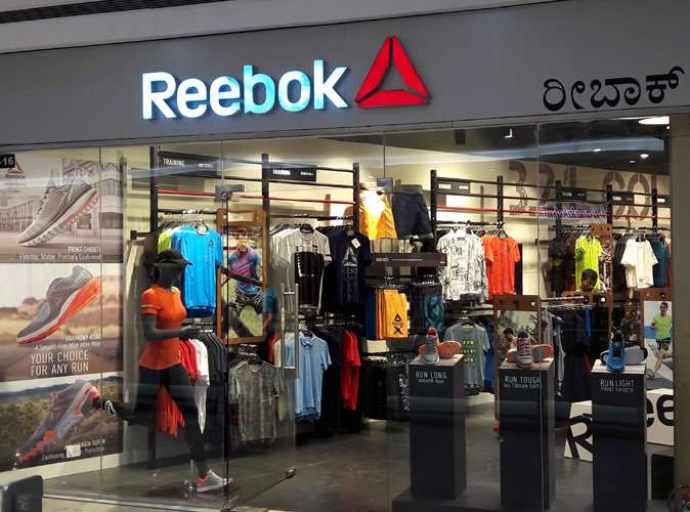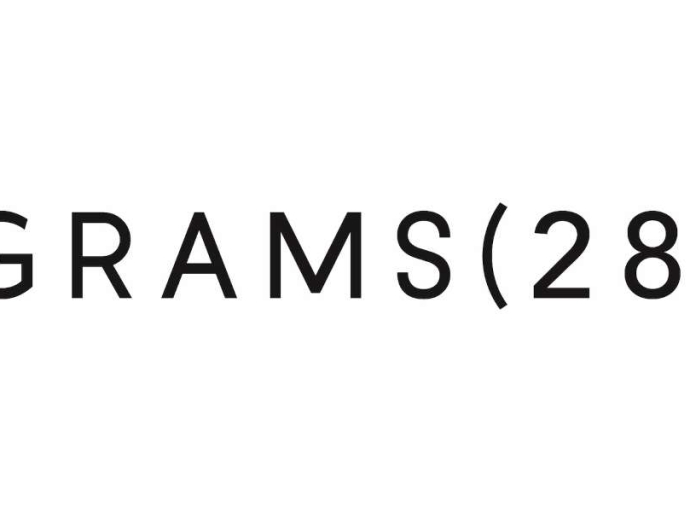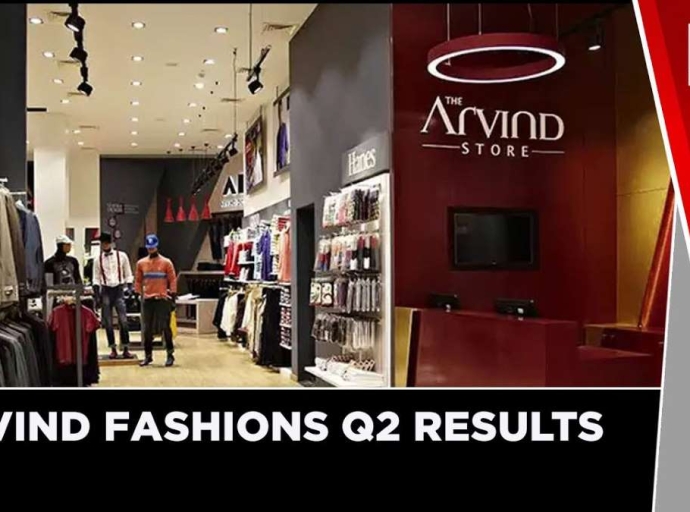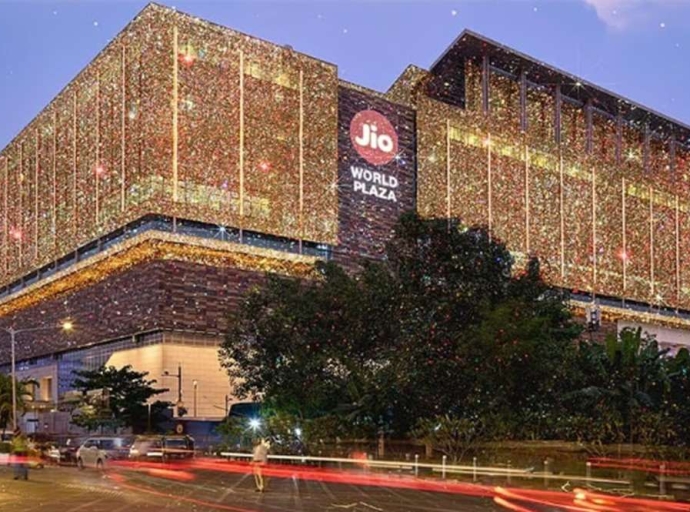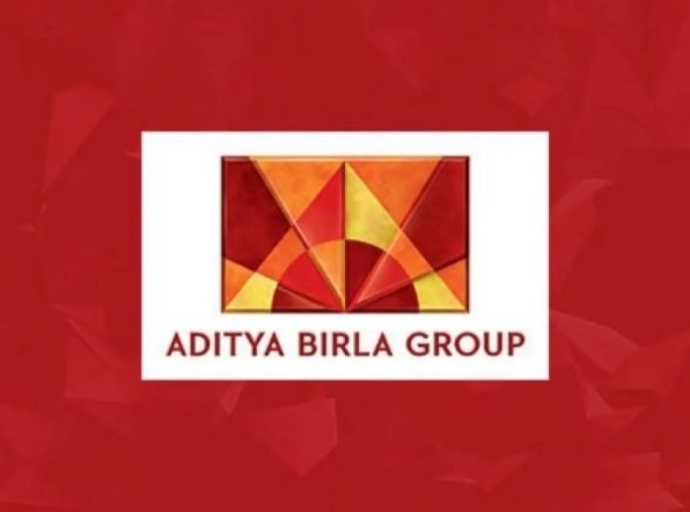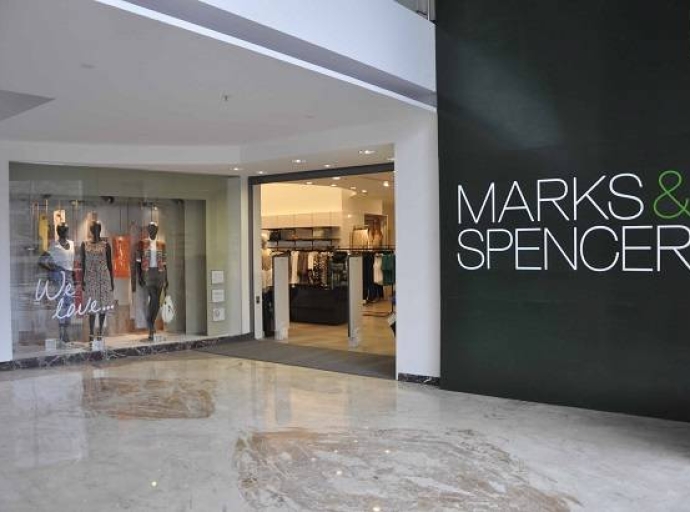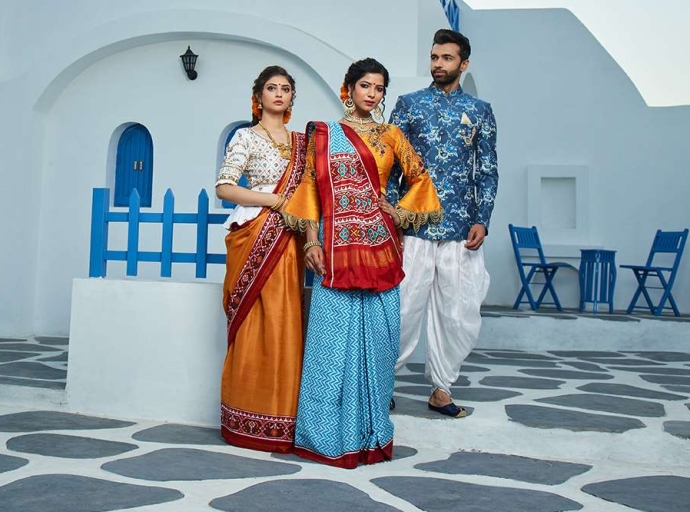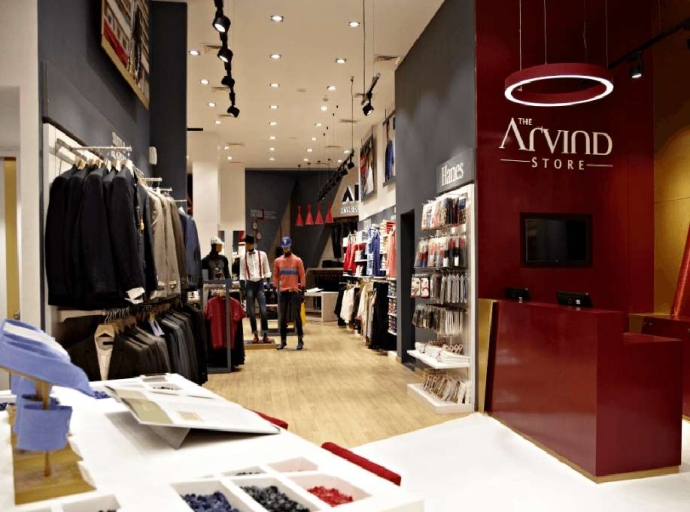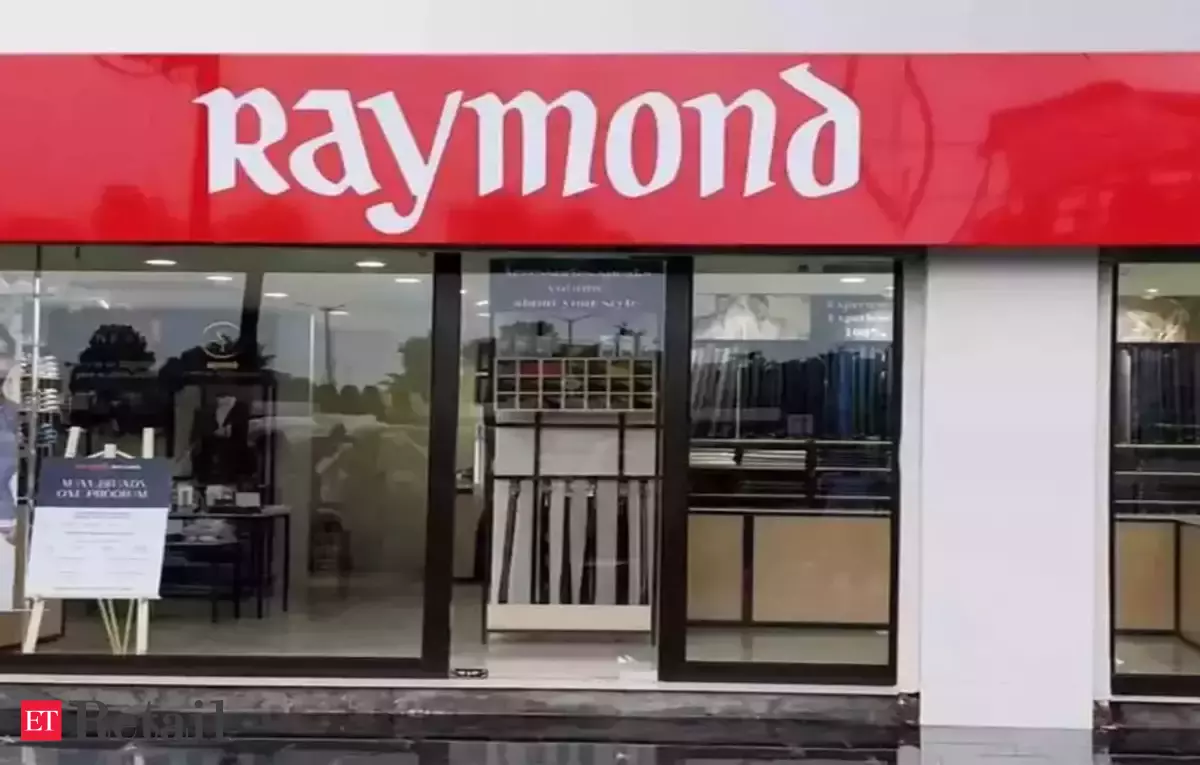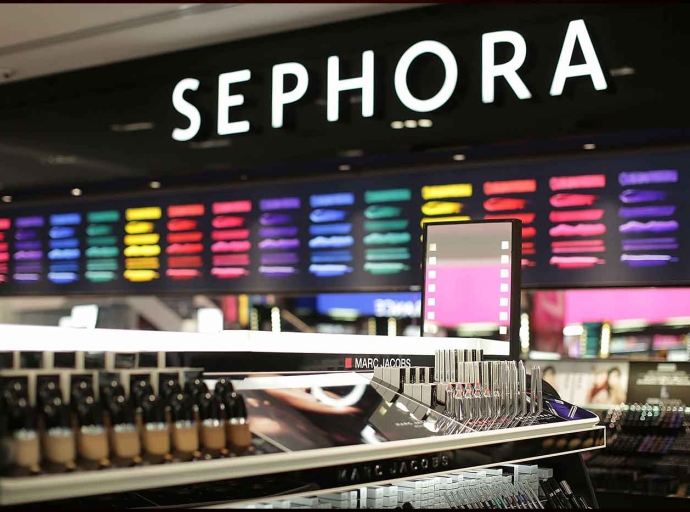08 November 2023, Mumbai
The global economic slowdown, rising inflation, and unviable pricing strategies in the post-Covid years have lowered the sales expectations of most apparel manufacturers in the ongoing Diwali festive and up-coming wedding season.
A recent survey of 166 apparel manufacturers by the Clothing Manufacturing Association of India (CMAI) revealed almost 78 percent are expecting a slump of around 25 percent in apparel and accessories sales. Only 22 per cent have a better late than never expectation of the market picking up closer to Diwali and during the extended wedding season that lies ahead.
With people more keen to shop in malls and physical stores for a more relaxing shopping experience, 60 percent of garment manufacturers feel the offline channel will do better as compared to 40 percent of online retailers, who are also looking forward to a lucrative festive season.
As Rahul Mehta, Chief mentor of CMAI says, despite some positive sentiments, overall there is widespread sense of pessimism among CMAI members. This aligns with the broader slowdown experienced in the domestic garment sector during the last 4 to 5 months.
Kids wear and smaller towns are the biggest growth drivers
However, not all manufacturers are as pessimistic, with around 16 percent respondents saying lower pricing might help sales numbers grow and another 12 percent feeling the vast festive portfolio will also be a crowd-puller.
With more parents investing in ethnic wear for the festive season as compared to the rest of the year, nearly 49 percent respondents feel kid’s wear will be the biggest sales growth driver. This will be followed by 36 per cent of women's wear as well as 12 percent men’s wear performing better than the rest of the year
While the metros always experience a festive season spike, this year most big brands are also increasing their focus on Tier II and III consumer cohorts, as they are more focused on aspirational lifestyles fuelled by more disposable incomes.
Another interesting study by CyberMedia Research (CMR) has found consumers in Tier II cities spend around 16 per cent of their income on online shopping with 62 per cent doing online shopping which outperforms the metros.
Online trying hard to compete with offline retail
E-commerce firms such as Amazon, Flipkart, Meesho, and Myntra are also targeting millions of shoppers across India for their biggest festival season sales. While Amazon launched its month-long flagship festive sale, the Great Indian Festival (GIF) in early October, Flipkart hosted its annual flagship sale event called, 'The Big Billion Days' in mid-October. Along with core fashion categories, customers showed a high inclination towards other categories such as jewelry, beauty and personal care, watches and wearables, luggage, home, and sports footwear.
However, continued store expansion of various brands in Tier II and III cities will also help growth this fiscal year in the medium term. Luxury brands such as Bath & Body Works have launched exclusive festive collections just in time for gifting and are anticipating greater growth in the smaller cities of Udaipur, Ranchi, Kozhikode, Kanpur, Udipi, and Mangalore.
A quick perspective
Women’s ethnic wear brand Biba is also targeting the unique preferences of each region's regional market with region-specific festivities such as Pujo in the East, Dussehra in the South, and Diwali celebrated nationwide, along with including influencers across all age groups, including children, to showcase their collections.
The festive season may lack some luster this year, but it will still be enough to keep the Indian apparel industry going for the next fiscal year.
Latest Textile Events

